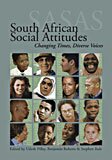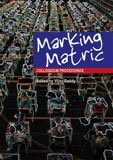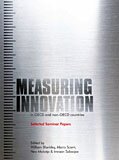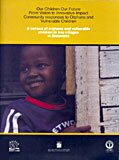Glenda Kruss; Gilton Klerck; Andrew Paterson; Shane Godfrey
The new science and technology framework has challenged higher education institutions in South Africa to create research partnerships with industry, to contribute to growing a national system of innovation. Through detailed case studies, this monograph explores how one new organisational form typical of the knowledge society, the network, is currently being created in practice, in all its complex and contingent reality, in three high technology fields. It is the third volume in the Working Partnerships: Higher Education, Industry and Innovation series.
280mm x 210mm
246pp
R 140.00
ISBN: 0-7969-2132-6
March 2006





